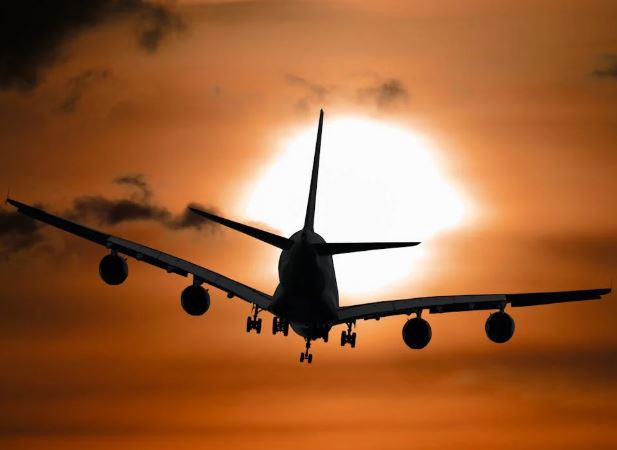Washington [US], December 25: Unpredictable developments in the Middle East make civil aviation pilots worried every time they fly over conflict hotspots.
Potential Risk
Some pilots working for airlines are said to be upset that their parent companies are keeping their flights routed into the airspace of hotspots in the Middle East .
Reuters on December 23 quoted a pilot from Hungarian airline Wizz Air complaining that he was ordered to fly over Iraq at night, amid escalating regional tensions in late September. "A few days later, Iraq closed its airspace after Iran launched a series of missiles at Israel on October 1. That confirmed my suspicions about the unsafety," the pilot said. In a statement, Wizz Air affirmed that the airline had carefully assessed the risks before deciding to fly over Iraqi airspace, as well as following the instructions of the European Union Aviation Safety Agency (EASA).
The knot that has caused confusion is that airlines' assessments are based in part on third-party intelligence, while pilots are not given this information. Reuters reported that nine letters from four European unions representing pilots and cabin crew expressed concerns about safety when flying over the Middle East. In general, the unions want airlines to be transparent when deciding to fly over dangerous areas, and want pilots to have the right to refuse to fly unsafe flights.
Conflict in the Middle East is unpredictable as rival forces continue to launch missile attacks on each other, and now there are concerns of instability with political developments in Syria. There have been aviation tragedies such as Malaysia Airlines flight MH17 being hit by a missile in Ukrainian airspace in 2014 or the Iranian military mistakenly shooting down Ukraine International Airlines flight PS752 in Tehran in 2020. Pilots say that being accidentally shot down in the midst of chaotic fighting and the risk of an emergency landing are top concerns.
In response to the situation in the Middle East, German airlines Lufthansa and Dutch airlines KLM are no longer flying over Iran. They have also allowed crews to refuse flights if they feel unsafe. Wizz Air has suspended flights to and from Tel Aviv, Israel. The remaining airlines will rely on guidance from EASA, considered by industry experts to be the region's most stringent safety regulator.
Not easy to change
The Middle East is an important corridor for planes from Europe to India , Southeast Asia, Australia and vice versa.
According to data from the Belgium-based aviation safety watchdog Eurocontrol, an estimated 1,400 flights to and from Europe will fly over the Middle East every day by 2023. Avoiding Middle Eastern hotspots entirely is no easy task for airlines. Choosing to fly around Central Asia, Egypt or Saudi Arabia will increase costs and is usually only done by private pilots. For example, an unnamed airline flying from Singapore to London in August had to pay more than $4,700 in transit fees when flying over Afghanistan and Central Asia, 50% more than flying over the Middle East.
Source: Thanh Nien Newspaper

